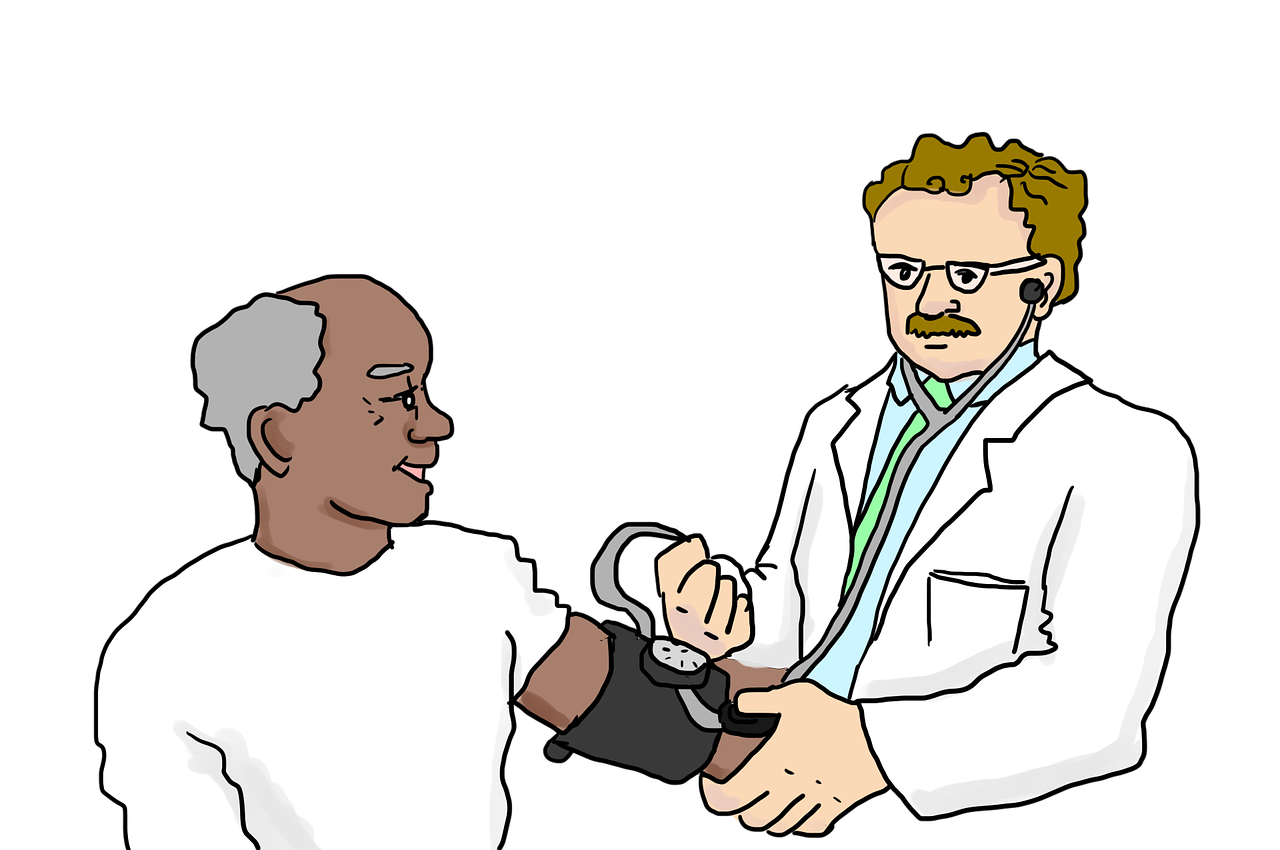A doctor’s office can sometimes be a scary place –an appointment can be very stressful, especially if you have to get a shot or blood work done. However, your doctor is one of the most important persons in your life. He’s responsible for your health, and he’s the first person who will lend you a hand when you’re ill. There are many ways to ease the stress of a doctor’s appointment, regardless of whether the reason for your visit is an ordinary annual checkup or something more serious.
Respect your doctor during the visit
You expect your doctor to be supportive and empathic in any circumstance. How many times, however, did you thought about being supportive and caring towards him? Your physician is a human being after all and can be annoyed by negative or rude behaviors just like anyone else. Building a better relationship with him is vital to ease the anxiety of a visit, and help him do his job to the best of his abilities.
Google your symptoms before a visit is a bad idea
You’re not a doctor, and neither Google is. Checking your symptoms online will only make you feel confused and scared. You will start assuming the worst, becoming even more anxious. Also, telling your doctor that you looked for your symptoms on Google is one of the most disrespectful and unnerving things you can do is.
Best case scenario, you’re telling him you tried to skip him, but then you ended seeking his help as a last resort. Even worse, your physician could get seriously offended because you’re actually telling him you do not trust him.
Shift the focus away from the monetary aspects
As our society becomes more and more corporate, it is not infrequent that hospital administrations force their doctors to increase their volume to get better revenues. However, focusing on the monetary aspects of your health insurance will make every appointment a painful number-crunching session.
Numbers should never matter more than people, and the financial aspects of the medical profession should never prevail over the real reason why you went to the doctor – your health. Do not treat your physician like a “drug dispensary” you call when you need a prescription. The more you focus your attention (and your doctor’s one) on the matter at hand (your health), the better.
Avoid becoming anxious during waiting times
Waiting a lot of time while you don’t feel well or are worried about your health can be excruciating. Spend some time talking with a nurse or other members of your doctor’s team, and take the opportunity to ask them routine questions about the procedures or bureaucratic aspects to save some time.
You can also read some useful pamphlet to educate yourself about your condition or try talking with other patients who share the same problems.
Bring a spouse, relative or friend
Understanding what your doctor recommends you and what are you supposed to do is vital for your own health. Bringing your spouse, a family member, or a friend along can help you reduce the anxiety and remember all the information about drugs and treatment, you may have a hard time remembering.
If you need to change your dietary habits and your spouse cooks for you, for example, your doctor can save a lot of time and effort by talking with the two of you together. Just be sure to explicitly give permission for your doctor to speak to your family member to avoid patient confidentiality restrictions. Bringing a family member with you may also help you pass the time while you wait.
Trust your doctor with all the necessary information
If your doctor does not know your current health history, he will need to start back from scratch or proceed by guessing. Other doctors before him may have already found an important piece of the puzzle that is your health, or prescribed you a wrong medication which could be the source of some of your problems.
You can save your physician a lot of time and efforts by providing him with all the correct information and giving him access to your past medical records. Do not be afraid to do so – if you don’t know what is HIPAA, suffice it to say that it is a law that protects all your private information in every possible way. Doctors know very well that if they violate it, they will commit a serious crime, so they will be extra careful about handling all your data.


